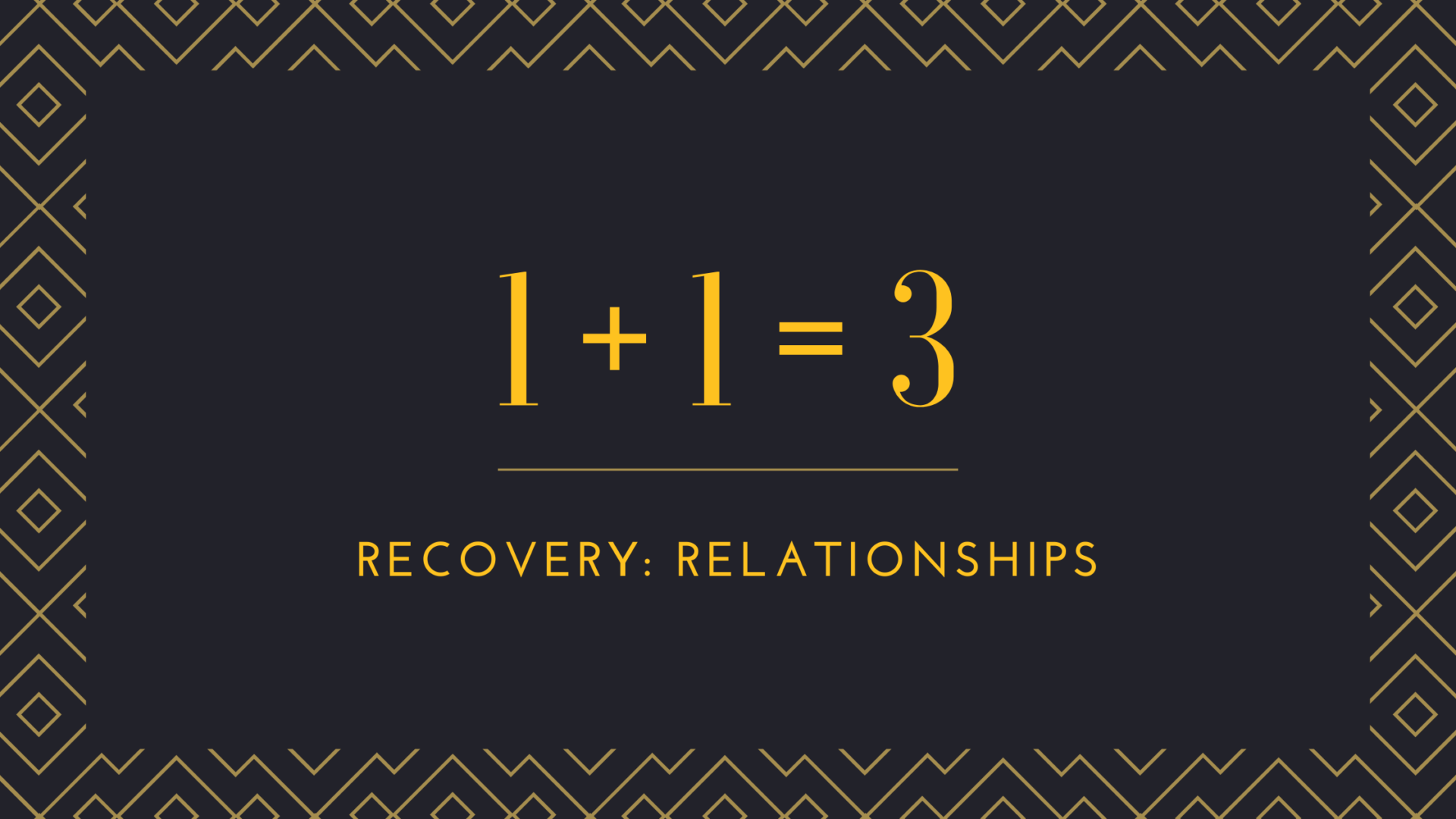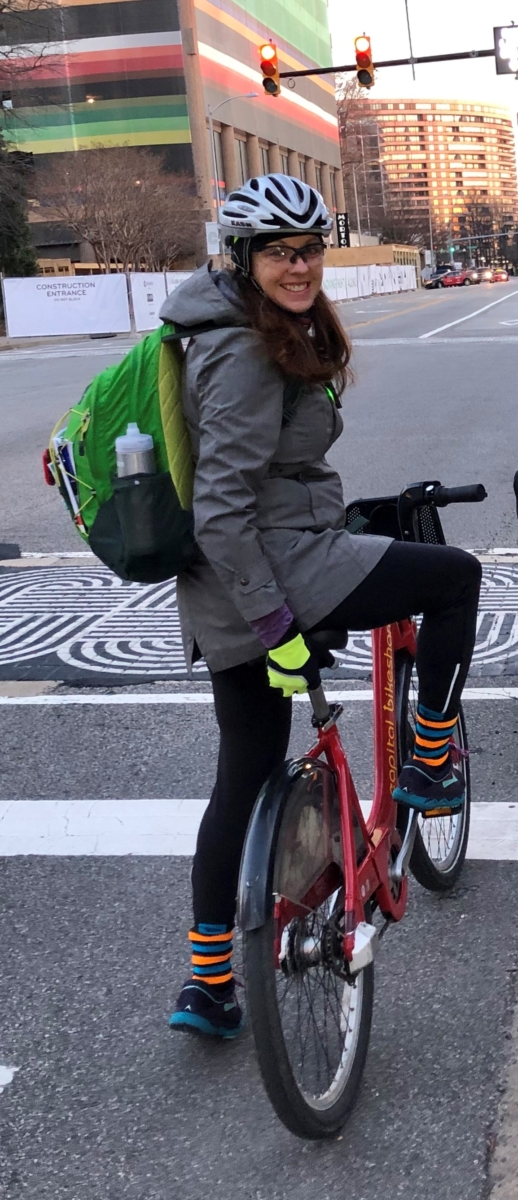Relationships and Recovery
1+1=2 + Relationship = 3. This is math according to Marital and Family Therapists, relational therapists. Relationships are the key component of healing. In fact, our brain is wired to be social, states Psychologist, Dr. Louis Cozolino. We need relationships to thrive and grow, like a plant needs sunlight and water to survive. It is essential element in the process of recovery from a mental health condition.

The process is of recovering with a mental health condition is lifelong and numerous for XYZ Americans. 1 in 2 experience a mental illness in their lifetime. Understanding the importance of relationships and letting go of unrealistic expectations of relationships is a vital to our wellbeing. Together this journey can be less arduous when shared with friends, family, and our communities.
Many people have unrealistic images of the ‘ideal’ relationship. When we place these unrealistic expectations, we find ourselves feeling disconnected, disappointed, and frustrated. These feelings can trigger self-doubt, critical thoughts, self-sabotaging behaviors, and skewed, negative perspectives. Therefore, recognizing these unrealistic expectations is the beginning of the recovery process.

Some may argue that certain individuals do not need relationships.
For example, with individuals with Schizoid Personality Disorder, I disagree that they do not need relationships. My father, 75-year-old, Cherokee Indian, has Schizoid Personality Disorder. For him, relationships are different. Some may even label them unconventional. He shared with me his needs for connection are different, that “many don’t care to understand other perspectives, that is what is wrong with people.” I have come to accept him as he is and accept our limited relationship. This helps me in my own recovery with an Anxiety and Depression Disorder. Acceptance heals! I have accepted not all father-daughter relationships are as depicted on Little House of the Prairie (Charles and Laura Ingalls).
I accept my father’s unconventional relationships. They’re equally important, inquiring about the people in his life evokes his existence and acceptance by others, even in his preferred solitary lifestyle. This is apparent when he shares information about the clerk at the store that he frequents daily, the person that takes him to doctor’s appointments, helps with paperwork, banking, and medication stuff. He does “like” these brief connections. These relationships provide him with a sense of connection to the larger world.
The curious paradox is that when I accept myself just as I am, then I change.
Carl Rogers
 Hilary Gallegos completed her Master’s degree in Mental and Behavioral Health Counseling at Carson Newman university in 2013. She worked with numerous mental health disorders for several years at Blount Memorial Hospital. She was inspired by overcoming challenges with managing her own mental health disorder to become a counselor. She believes treatment is specific to each person and enjoys the journey of helping others discover their strategies. Hilary is an avid gardener, mountain biker, and hiker. “These activities are what ground me and help my state of mental health by being present with nature.”
Hilary Gallegos completed her Master’s degree in Mental and Behavioral Health Counseling at Carson Newman university in 2013. She worked with numerous mental health disorders for several years at Blount Memorial Hospital. She was inspired by overcoming challenges with managing her own mental health disorder to become a counselor. She believes treatment is specific to each person and enjoys the journey of helping others discover their strategies. Hilary is an avid gardener, mountain biker, and hiker. “These activities are what ground me and help my state of mental health by being present with nature.”



